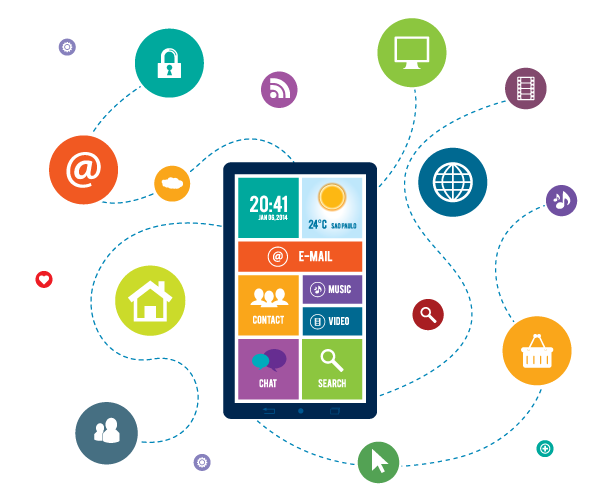Mobile App Testing
Mobile app testing is a crucial process in the development lifecycle of a mobile application. It involves evaluating the functionality, usability, compatibility, performance, security, and overall quality of the app on various mobile devices. By conducting thorough testing, developers can identify and fix issues before releasing the app to users, ensuring a smoother and more reliable user experience.

Here are some key aspects of mobile app testing:
Functional Testing:
Usability Testing:
Compatibility Testing:
Performance Testing:
Installation Testing:
Compatibility Testing:
Tools commonly used for mobile app testing include:
- Appium: An open-source tool for automating mobile app testing across different platforms.
- XCUITest and Espresso: Native testing frameworks for iOS and Android respectively.
- Selendroid: An open-source tool for testing Android applications.
- TestFlight (iOS) and Google Play Console (Android): Platforms to distribute beta versions to testers and collect feedback.
It’s essential to create a comprehensive test plan, encompassing different testing types, testing devices, and target user scenarios. Automated testing can also help streamline the testing process and catch regressions quickly. Regular updates and improvements based on user feedback and testing results will lead to a more polished and successful mobile application.


